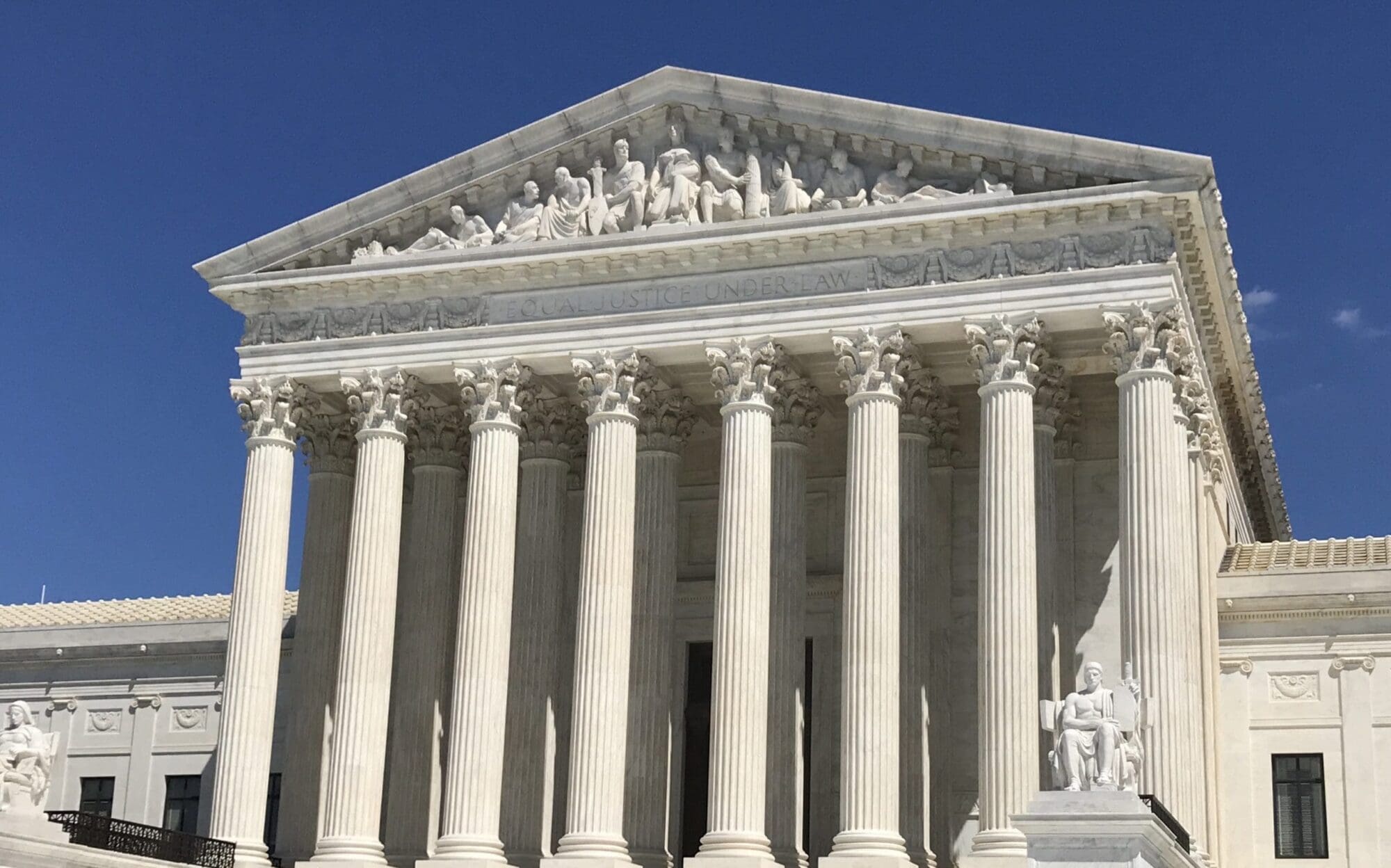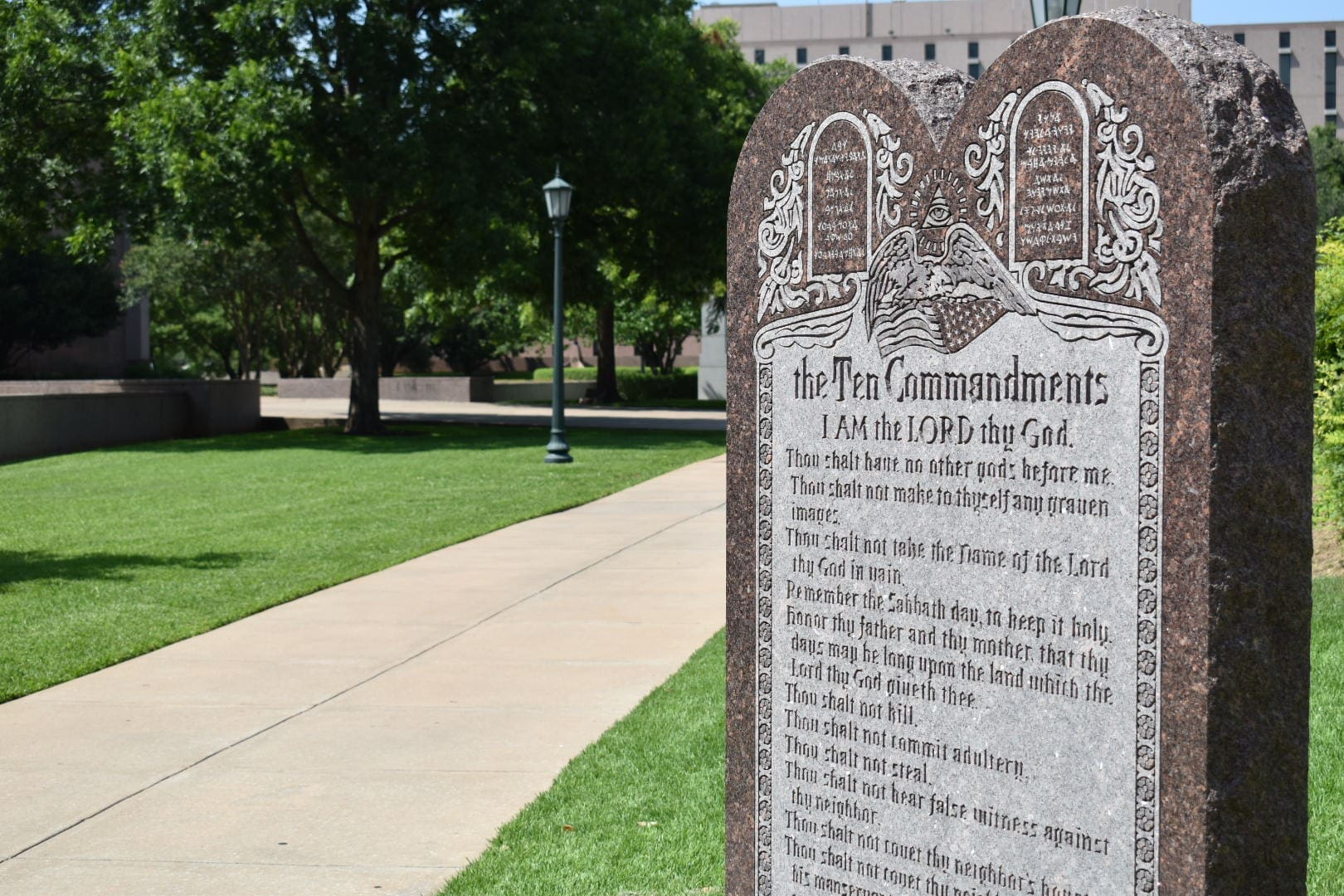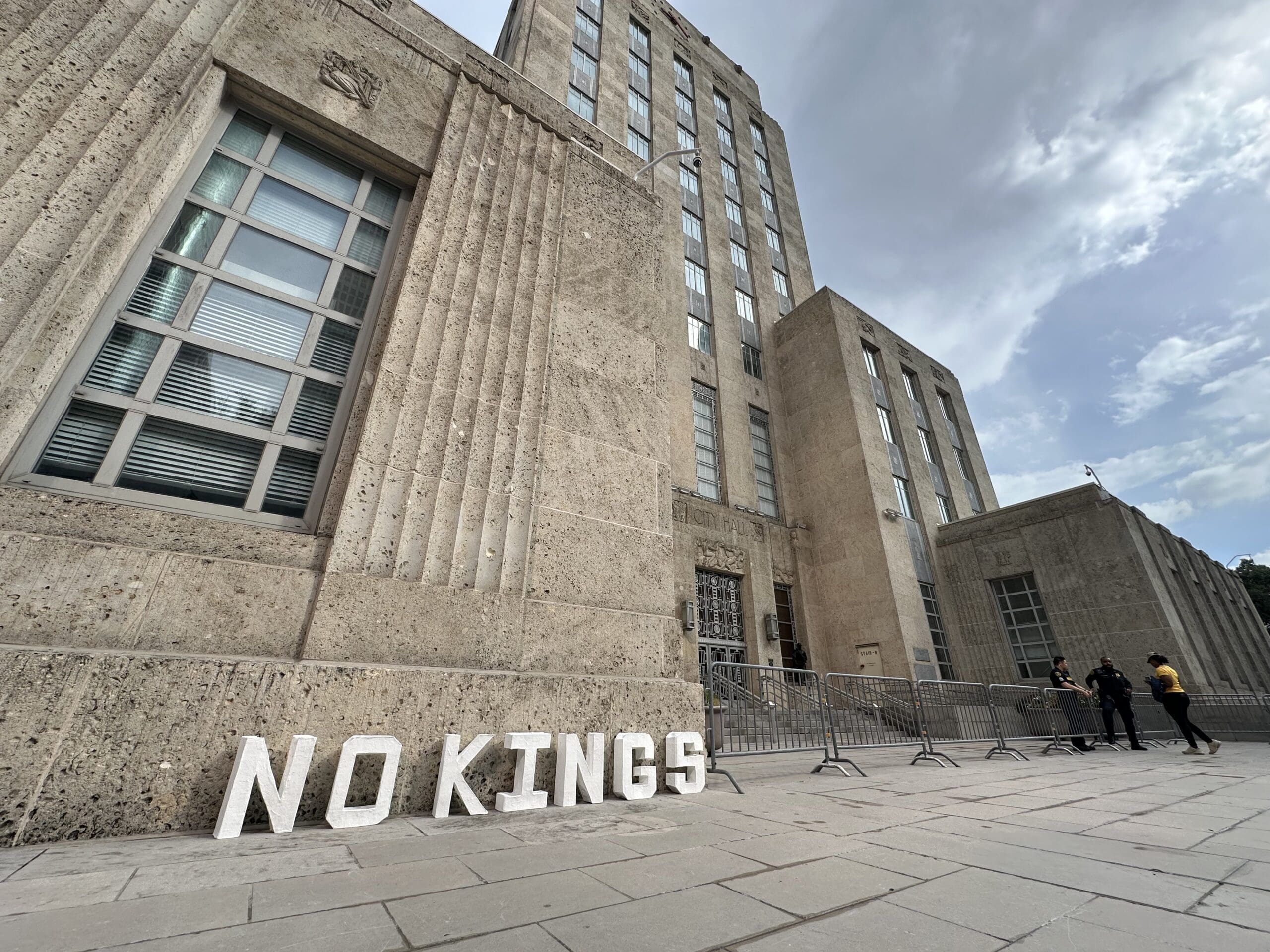Texas defended a state law protecting online free speech at the Supreme Court of the United States.
House Bill 20, adopted in 2021, prohibits social media companies from censoring users in the state based on viewpoint. A technology group called NetChoice subsequently sued Attorney General Ken Paxton.
NetChoice V. Paxton was heard Monday.
Solicitor General Aaron Nielson represented the state. Paul Clement represented NetChoice and argued that restricting big tech from policing free speech is unconstitutional.
Clement also argued that requiring neutrality would result in social media becoming less attractive to users and advertisers due to the possible presence of hosting both anti-suicide and pro-suicide content as well as “pro-Semitic and anti-Semitic” content.
However, Nielson, who argued in defense of the law, stated “This is not the first time that new technology has been used to stifle speech. Telegraphs also discriminated based on viewpoint, prompting a national scandal. Yet, under the platforms’ theory, Western Union was just making editorial choices not to transmit pro-union views.”
Nielson continued, likening the virtual world to the modern public square. “Yet, if platforms that passively host the speech of billions of people are themselves the speakers and can discriminate, there will be no public square to speak of.”
He then used X, formerly Twitter, as an example—stating that the platform “admitted that their theory of the First Amendment would allow them to discriminate not just based on what is said on the platform but ‘based on religion or gender or physical disability.’”
SCOTUS appeared divided on where the line for the extent of content moderation should be drawn by the end of the oral arguments, according to the Washington Examiner.
Attorney General Paxton defended the legislation on social media.
“Texas made an outstanding case today in front of SCOTUS,” he posted on X. “We defended HB 20, our law protecting Texans from online viewpoint discrimination and censorship. Our team did a fantastic job. I’m honored by the opportunity to stand up for our citizens’ essential right to communicate freely.”
SCOTUS rulings are expected this summer.
No ads. No paywalls. No government grants. No corporate masters.
Just real news for real Texans.
Support Texas Scorecard to keep it that way!





